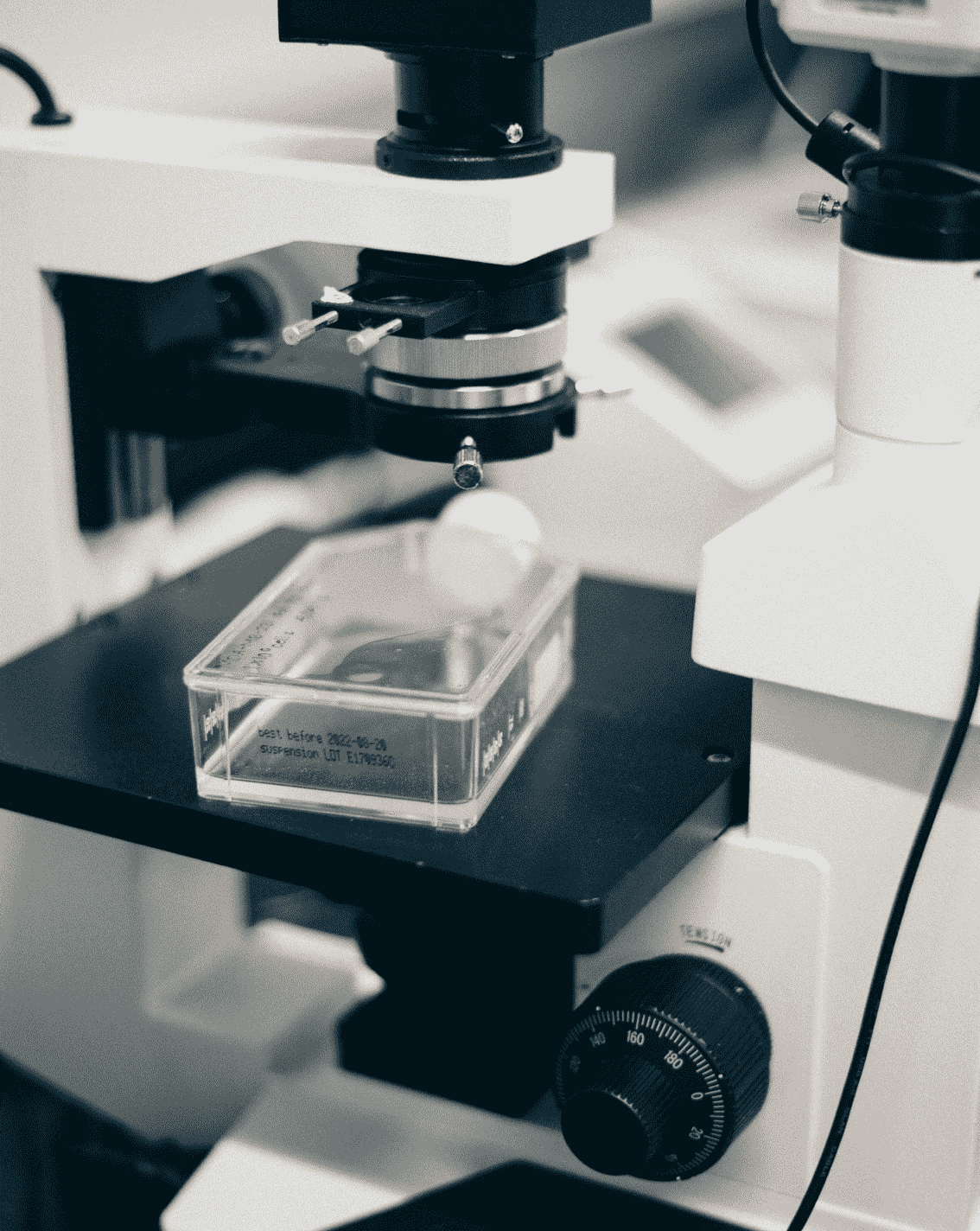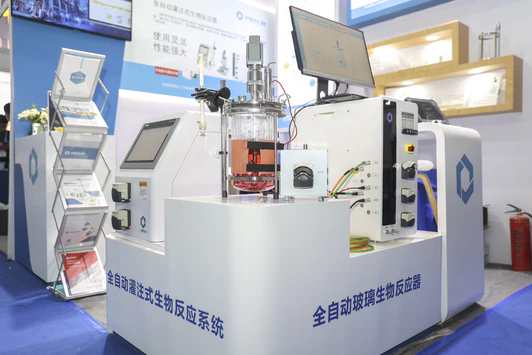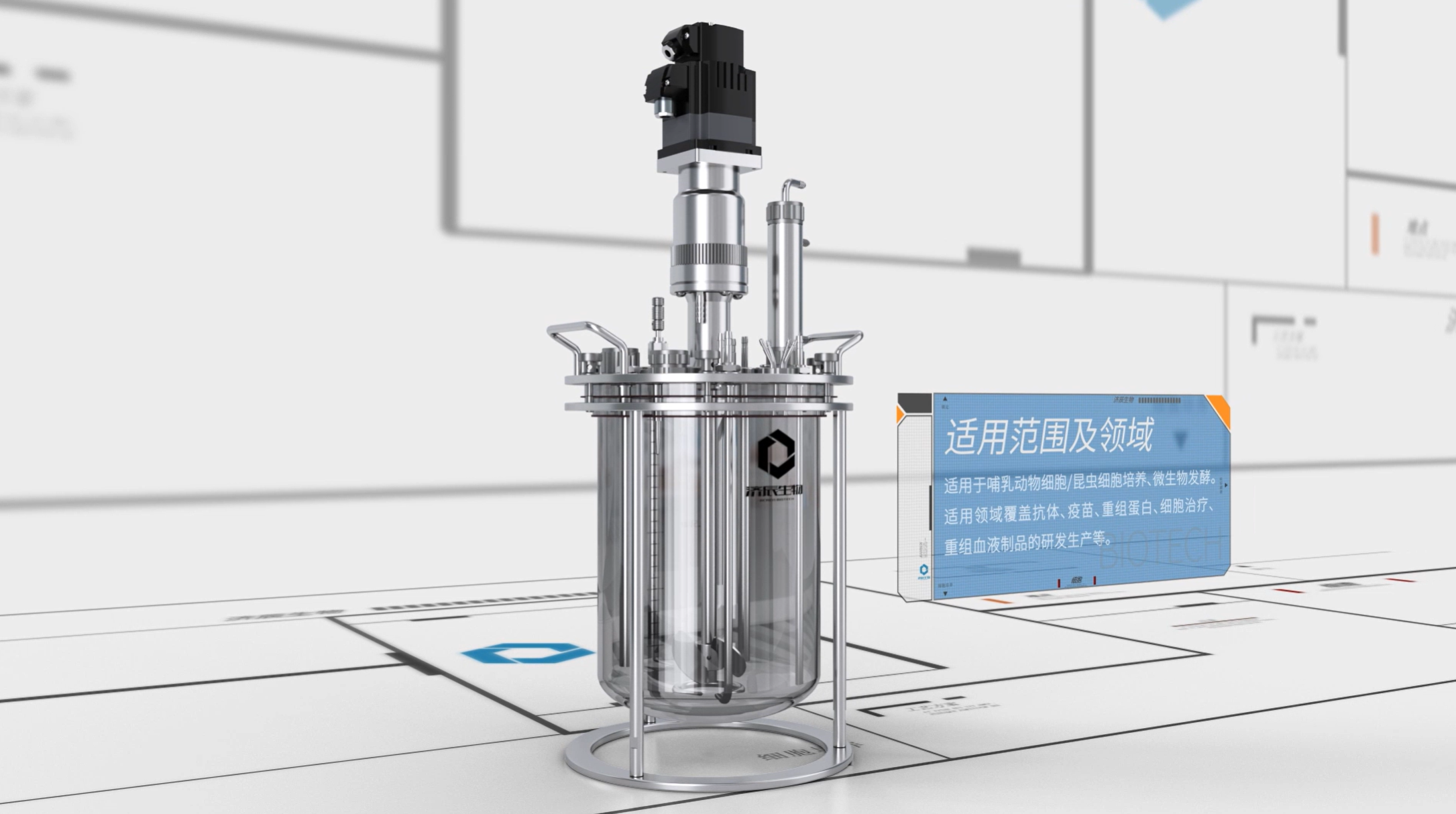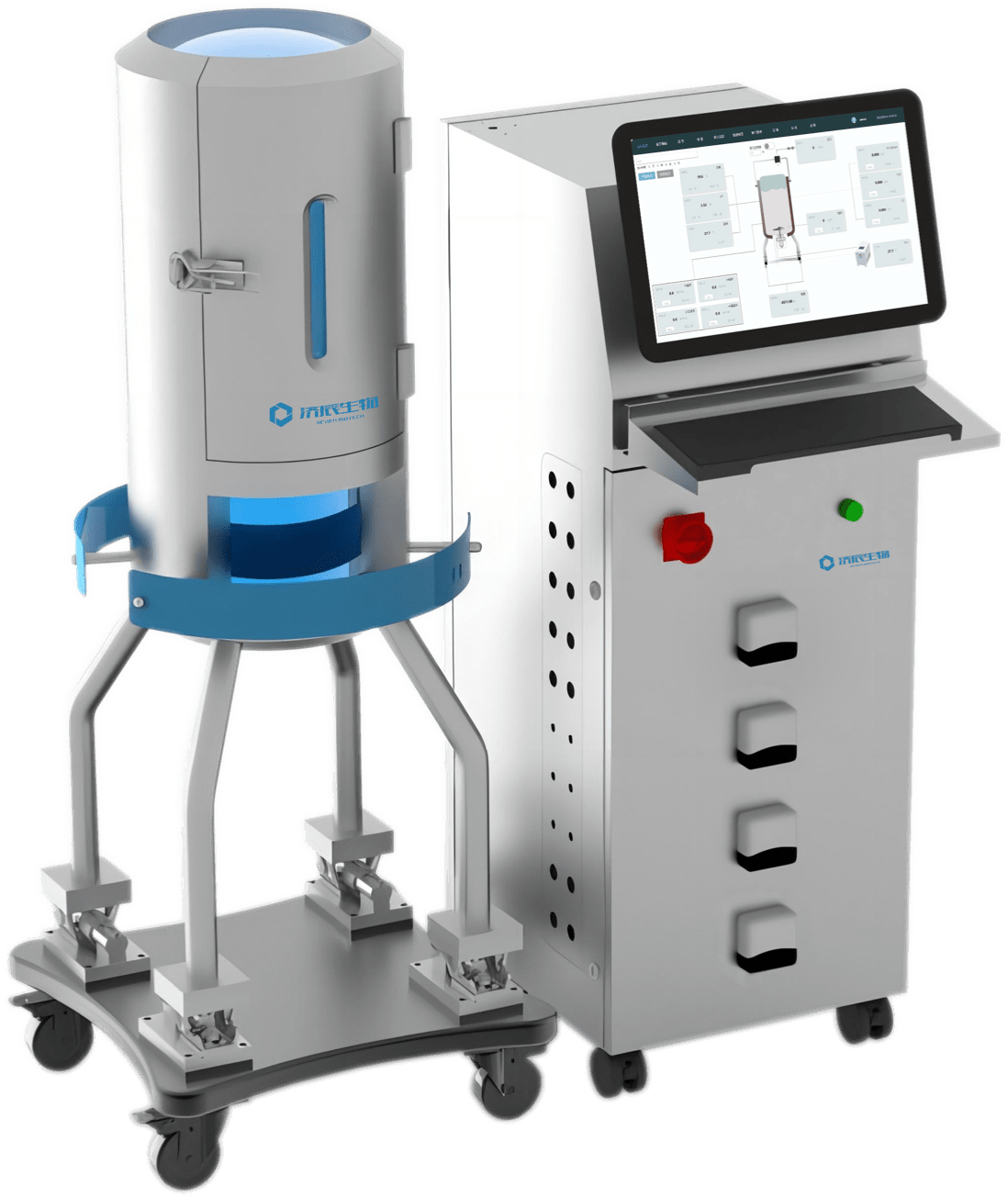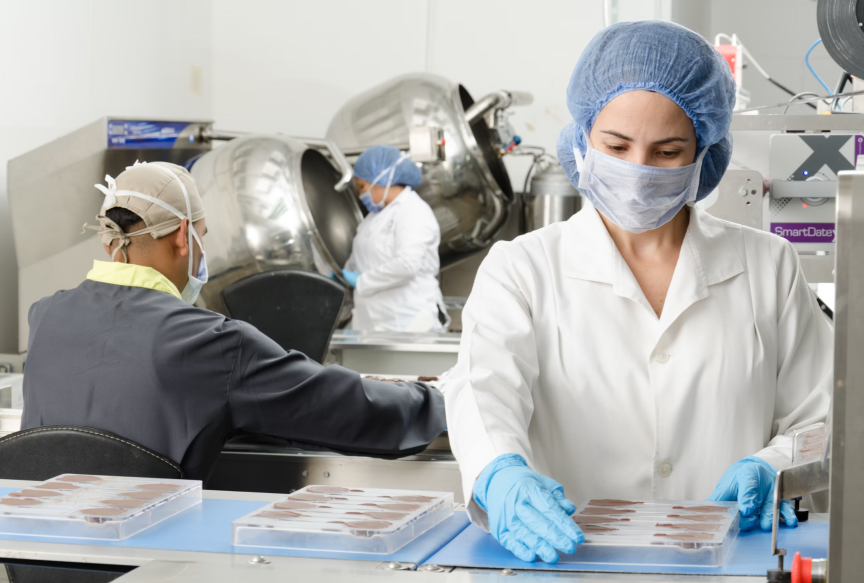Fermentation systems are increasingly widely used in the modern biopharmaceutical industry, and their advantages are becoming more and more prominent. In this paper, the advantages of fermentation system in the biopharmaceutical industry will be elaborated in detail from the aspects of improving production efficiency, reducing production cost, guaranteeing product quality and realizing green production.
Improve production efficiency
1. High biomass concentration
Fermentation systems can enable rapid multiplication of the bacteria in a short period of time to achieve high biomass concentration by optimizing the medium composition, the fermentation conditions (e.g., temperature, pH, dissolved oxygen, etc.), and the fermentation process . The high biomass concentration is favorable for increasing the yield of the target product, thus improving the production efficiency.
2. High product yield
The fermentation system can improve the yield of target products by screening high-yielding strains, optimizing the fermentation process, and regulating metabolic pathways. For example, in antibiotic production, the yield of antibiotics can be increased by 10%-20% by fermentation system optimization.
3. Short production cycle
The fermentation system adopts automatic control technology to monitor the key parameters in the fermentation process in real time and adjust the fermentation conditions according to the actual situation, so as to enable the bacteria to rapidly multiply in the optimal growth environment. Compared with traditional production methods, the fermentation system can shorten the production cycle and improve production efficiency.
Reducing production cost
1. High utilization rate of raw material2.
Fermentation system improves raw material utilization and reduces raw material waste by optimizing medium formulation. For example, in biopharmaceutical production, the fermentation system can increase the utilization rate of raw materials such as glucose and amino acids by more than 20%.
2. Low energy consumption
The fermentation system adopts a closed fermenter, which reduces the contact between the bacteria and the outside world, and reduces the risk of bacterial contamination. At the same time, the temperature, humidity and other conditions in the fermenter are effectively controlled, reducing energy consumption.
3. High return on equipment investment
While the initial investment in the fermentation system is large, the payback period for equipment investment is short due to its high production efficiency and low operating costs. In the long-term production process, the fermentation system can bring significant economic benefits to the enterprise.
Guaranteeing product quality
1. Stable production Environment
The fermentation system adopts automatic control technology to ensure the stability of temperature, pH, dissolved oxygen and other key parameters during the fermentation process, providing a stable growth environment for the bacteria. This is conducive to improving the consistency of product quality.
2. Strict aseptic control
The fermentation system adopts aseptic inoculation, aseptic operation and other technologies to ensure the purity of the bacterial strains during the production process. At the same time, the fermentation tank is equipped with air filters and disinfection devices to effectively prevent contamination by stray bacteria and guarantee product quality.
3. Easy to realize large-scale production
The fermentation system can be scaled up according to the production demand. In the process of scaled-up production, the fermentation system can realize automated and continuous production, reducing the influence of human factors on product quality.
Realizing green production
}1. Reducing waste emissions
The fermentation system improves the utilization of raw materials and reduces waste emissions by optimizing the production process. At the same time, the waste water and exhaust gas produced in the fermentation process can be treated by biological treatment technology to reduce environmental pollution.
2. Utilization of renewable resources
The fermentation system can utilize agricultural products, agricultural by-products and other renewable resources as raw materials to produce high value-added products. This helps to promote the structural adjustment of the agricultural industry and realize the recycling of agricultural resources.
3. Low-energy consumption and low-pollution
The fermentation system adopts energy-saving equipments and technologies to reduce energy consumption. At the same time, the fermentation process produces fewer pollutants, which is conducive to realizing the sustainable development of the biopharmaceutical industry.
In short, the application of fermentation system in the biopharmaceutical industry has significant advantages, which helps to improve production efficiency, reduce production costs, guarantee product quality and realize green production. With the continuous development of biotechnology, fermentation systems will play a greater role in the biopharmaceutical industry.
